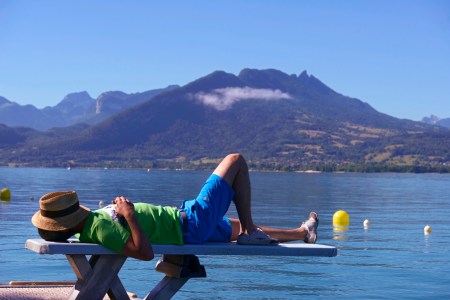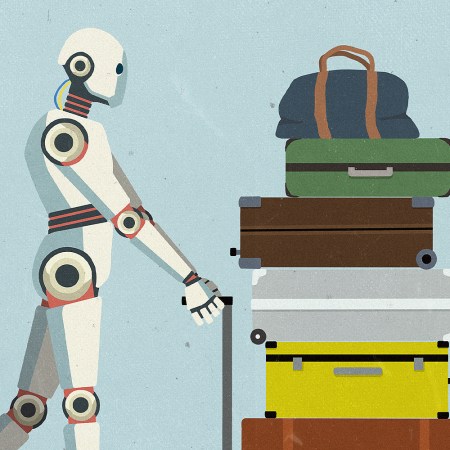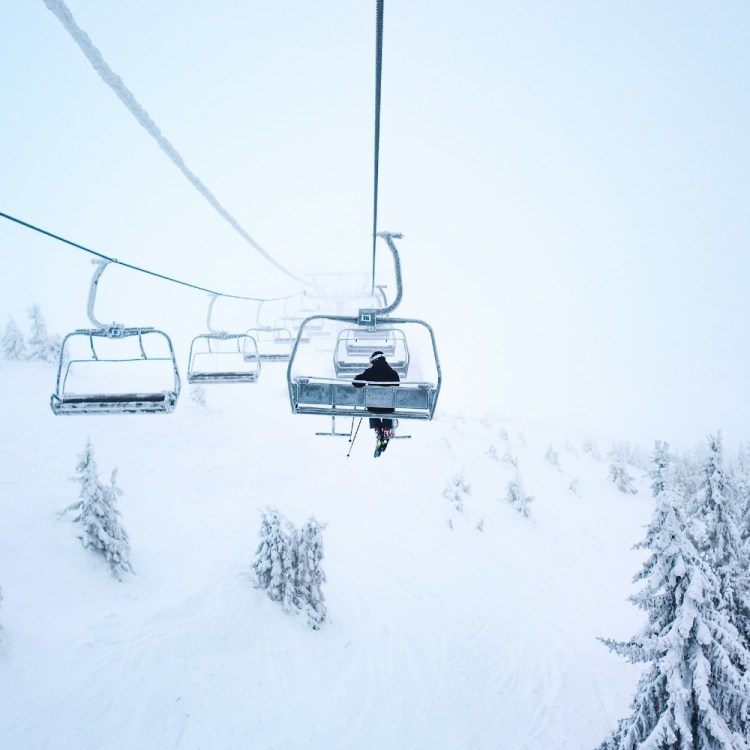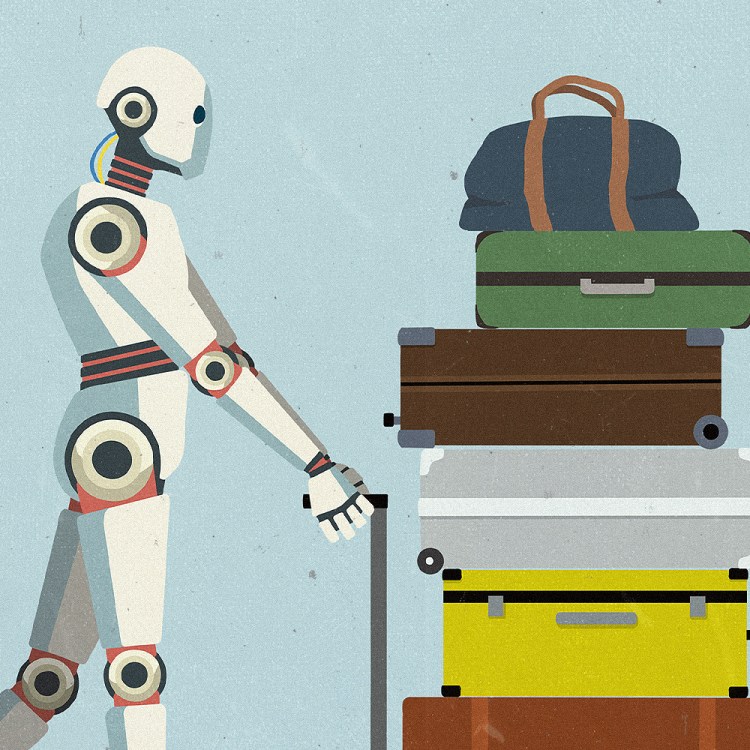I recently returned from a trip to the Northern Territory in Australia — just about the furthest point on Earth from my home in New York City. (According to furthestcity.com it’s actually Perth in Western Australia but what’s a difference of a couple hundred miles when you’ve traveled 30 hours to get somewhere?) The point is, a trip of that magnitude (albeit worth it) can take a real, physical toll on the human body…and I’m not talking about what a flight from the East Coast to the Top End means for your back.
Jet lag, or jet lag disorder, is, per the Mayo Clinic, a temporary sleep problem that can affect anyone who quickly travels across several time zones. That has to do with our internal clocks, or circadian rhythms. According to Rise Science, your body‘s circadian rhythm “runs on a roughly 24 hour cycle and dictates things like when you feel awake and sleepy, when your body temperature fluctuates and when you produce certain hormones.”
When traveling, it takes time for your circadian rhythms to catch up, and certain factors including direction of travel, age, chronotype, season and sleep debt, can impact the rate at which it does so. For example, studies have shown that travel east tends to generate more extreme symptoms than traveling west because you’re pushing your circadian rhythm back, which feels more natural for most. Those symptoms you feel (e.g. sleep problems, daytime drowsiness, inability to concentrate, appetite loss, irritability, digestive issues, etc.) is the jet lag talking.
And, of course, the further you travel, the more extreme the symptoms you’re likely to encounter are. In other words, and as anyone who’s ever traveled to another time zone can attest to, it doesn’t take a 13.5-hour difference to affect you. Researchers have found that, on average, it takes people about one day to adjust for each one to 1.5 hours of time change. So in the event that you, too, plan to travel to the other side of the globe, you’re looking at a nearly-two week recovery time; however, research in rodents actually suggests that the liver, lungs and muscles can take nearly six times as long as the brain to adjust.
You Might Have “Social Jetlag.” Here’s How to Snap Out of It.
Staying out past sunrise is a rite of passage, but it has its consequencesFortunately, in the year 2023 there are a handful of resources to help you combat it; chief among them: online calculators, which, as noted by the BBC, employs similar guidelines to those used at several academic institutions. That said, those only really give you a feel for the brevity of your travel hangover — not necessarily the cure for it, which is a little harder to come by (though, “fake it ’til you make it” seems to be the prevailing sentiment where conquering jet lag is involved).
“As soon as you get on the plane, get in the mindset that you’re on your destination’s time zone,” Michael Grandner, Ph.D., an associate professor of medicine and the director of the Sleep and Health Research Program at the University of Arizona in Tucson, said. “Change your watch right away and use the destination time to plan when you’re eating, when you’re sleeping and when you’re working.”
“Try not to nap for more than 20 minutes,” he added, “especially if your nap time corresponds with when you’d go to bed in your original time zone.”
It’s also helpful to obey signals from sunlight and darkness, as properly timed light exposure can help accelerate your body’s resynchronization. Per the BBC, “Sunlight activates the pineal gland, which triggers a physical process that winds up and sets your body’s internal clock, while darkness encourages your body to sleep by lowering your temperature and sending melatonin, a natural sleep-inducing hormone, into the bloodstream.”
Once on the ground, exercise and melatonin supplements may prove beneficial, too, but, beyond that, it really comes down to planning: planning to arrive in your destination early, to rest before your trip, to adjusting your sleep schedule before you leave. And once you’ve bested your jet lag on the other side? Get ready to come home and do it all again.
Thanks for reading InsideHook. Sign up for our daily newsletter and be in the know.




















